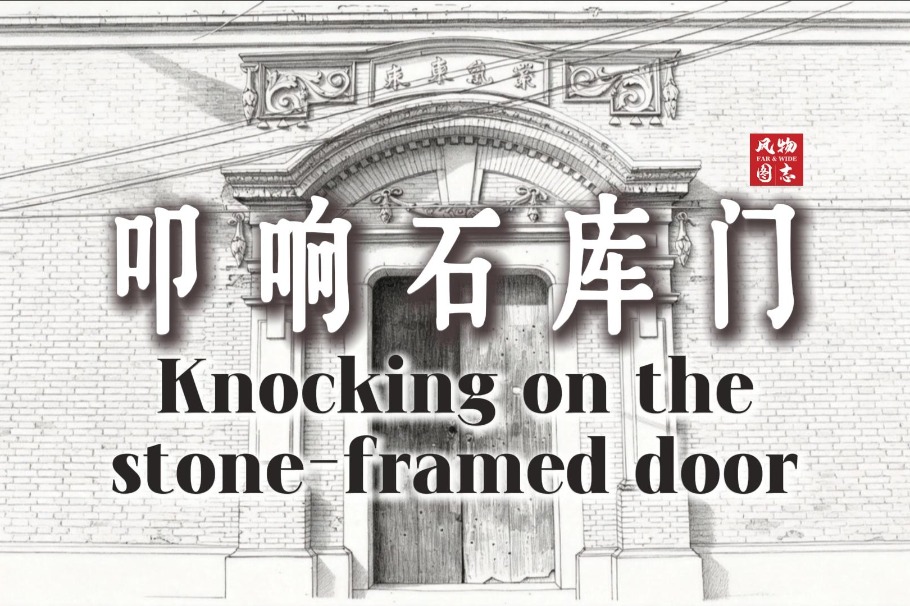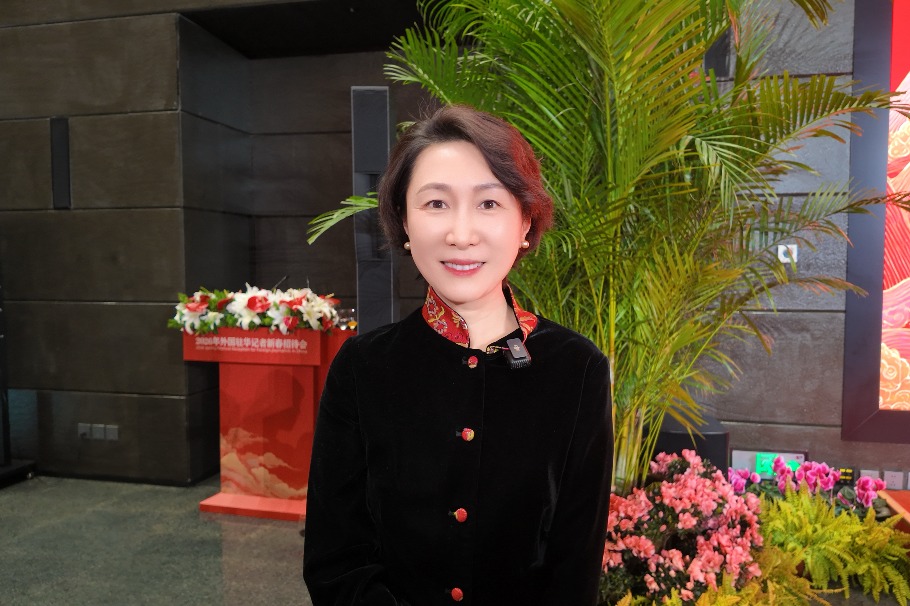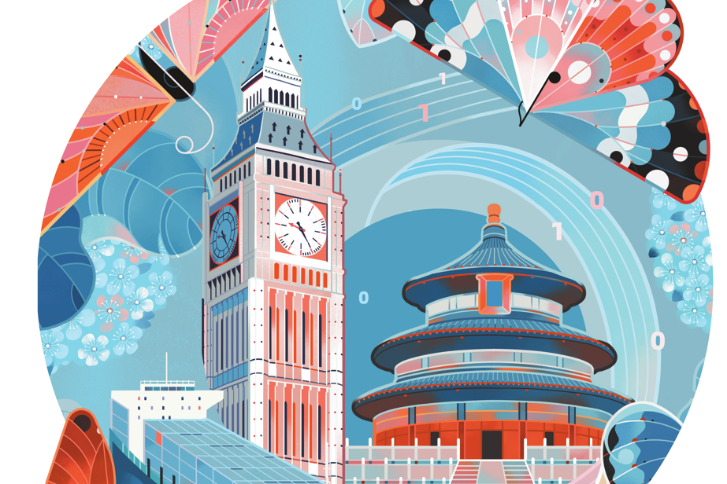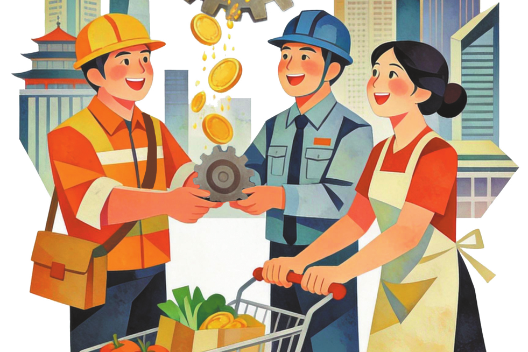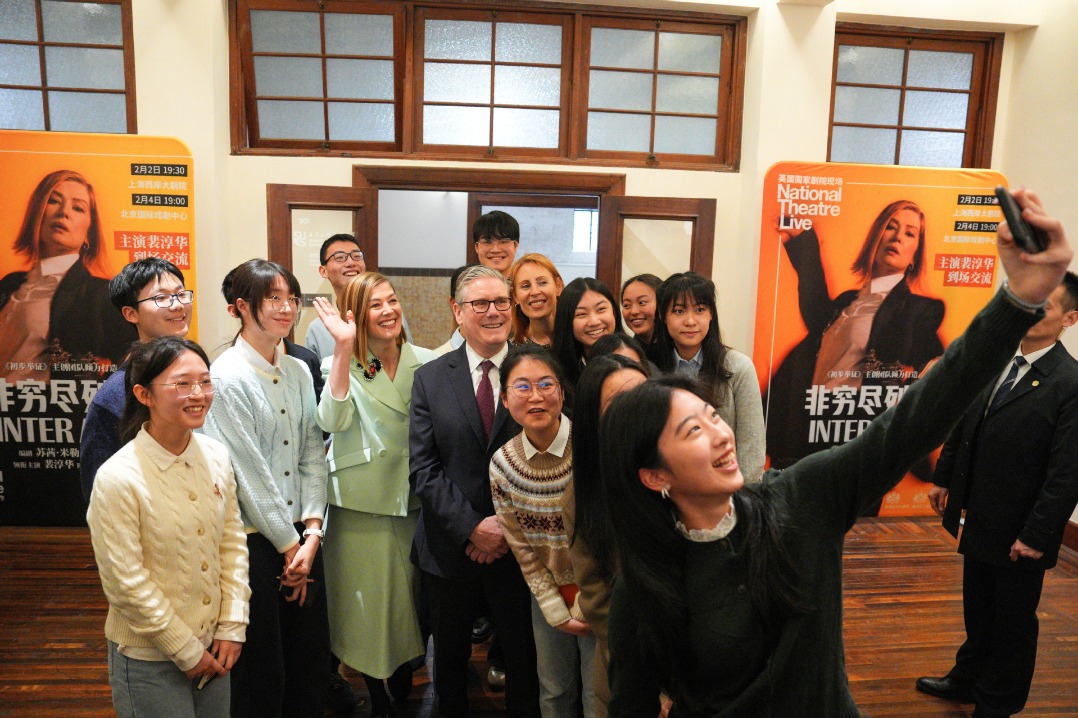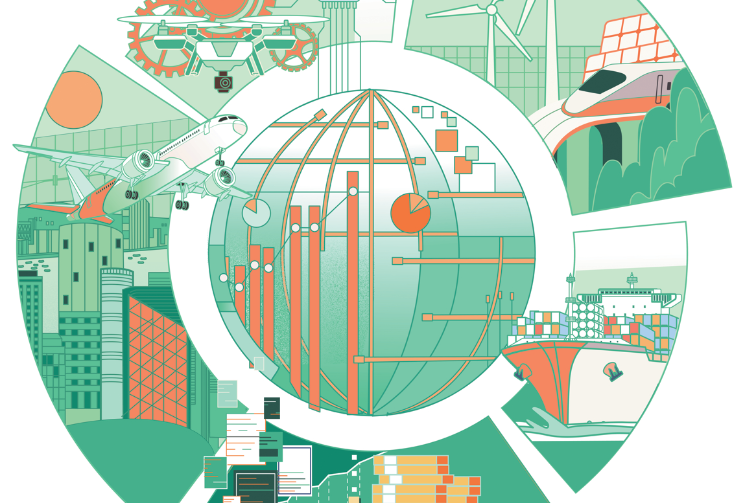Fittest for survival


A new civilizational paradigm is imperative to address the sustainability crisis
Human civilization stands at a crossroads between peace and perishment. It is a great irony that human civilization has not only enabled us to achieve unprecedented levels of prosperity, but also brought about the seemingly irreversible sustainability crisis we now face.
Humanity has developed multiple civilizations throughout its history. Human civilization dates back to the Stone Age, about 10,000 years ago. Since then, human civilization has evolved through the Bronze Age and the Iron Age to the modern industrial age.
For the majority of history, human civilization had been rooted in agriculture. The agricultural civilization gave way to the Industrial Revolution, which was spurred by the Renaissance of the 15th and 16th centuries and the ensuing Enlightenment. Over the last 200 years, the industrial civilization has dramatically elevated the quality of human life on a scale and with a level of intensity never seen before.
This elevation was made possible through a series of technological advancements that have now entered a stage popularly called Industry 4.0, which is driven by the transformation of information and communications technology. Industry 1.0 (the steam engine), 2.0 (electricity) and 3.0 (computing) preceded it.
This elevation of quality of life has not come without a price. Rather, it has come with a huge cost to the natural environment and the ecosystems of our planet. Simply put, human lifestyles under the industrial civilization are no longer sustainable. If humanity stays on the current path, it would need another planet like Earth to sustain it. But this is an implausible option. We do not have a Plan B as we do not have a Planet B.
The industrial civilization is inflicting greater harm with each passing minute. Among other things, human activities continue to precipitate global warming and extreme weather events around the world, wreaking havoc in all aspects of human life.
Now the world suffers from great turmoil and disarray. The global community is in danger of taking a multitude of present and potential crises in health, economy, environment and security as a new normal. Crises continue to arise and often concurrently with one another. Yet concerted efforts to tackle these crises on the global scale are largely absent. The world is in a great disarray.
Humanity is faced with the formidable task of engineering the new global consensus required to overcome the present and unprecedented sustainability crisis caused by the excesses of the industrial civilization. This is a daunting task given the value divides prevalent in the global community. But it is not a matter of choice but a survival imperative. It must be done to ensure the continued survival and prosperity of humanity. Failure to do so is not an option, as it is likely to lead to the sixth mass extinction on Earth.
Our work must start with identifying the excesses of the industrial civilization and how to rectify them. We need to investigate both the hardware and software aspects of the civilization. The civilizational hardware is mostly driven by technological advancements. New technologies should contribute to making our ways of life less energy-consuming and more nature-friendly. However, technological solutions are not a panacea. There is even the risk of misuse or abuse when employed for military or malicious purposes. Examples include killer robots without human control and a nuclear confrontation sparked by cyber terrorism. These risks must be prevented and such a task requires a new normative paradigm.
Humanity needs to renew its civilizational software. It is clear that the old paradigms of the industrial civilization have exhausted their utility. To steer us toward a new direction, we need a new paradigm that places the people and the planet front and center.
The new paradigm also needs a different name than Industry 4.0 to show a clear break from what came before. It should be "New Civilization 1.0". We could highlight different aspects of the new paradigm by adding different adjectives to the term. For instance, it could be "digital" or "sustainable" civilization depending on the characteristic we would care to emphasize.
The most critical task in pursuing this paradigmatic shift is to harmonize community-based values with individual ones. The agricultural civilization was nurtured mainly by the East, seeking harmony within society and with nature. The industrial civilization was driven by the West, promoting individual innovation. Now is the time that these two worldviews come together in a way that allows the East and the West to arrive at a greater understanding of what a shift in civilizational paradigm entails. This work requires the collective efforts by the entire international community. This requires people in the West and the East working together, understanding each other, finding common ground and expanding common ground to a higher level. Any initiative from big powers to increase the supply of global public goods is welcome, so the gap between need and supply is getting smaller.
To facilitate global efforts for this common purpose, China-US dialogue is essential now more than ever. Cultural and other people-to-people exchanges should be explored to lay the groundwork for deeper mutual understanding and respect not just between the two countries, but also between the East and the West, more broadly. Cultural exchanges are always more efficient in this respect, because no politics are involved. It is a soft way to understand, respect and appreciate differences. They can find out commonalities as well. The more cultural exchanges take place the better.
Our search for a new civilizational paradigm must begin sooner rather than later. It will be a long, bumpy road. Finding the right direction in a tumultuous world will be no doubt difficult but not impossible. Humanity does not have much time left. We must find a new civilizational path toward a future that is more humane, more nature-friendly, and safer for all.
The author is the former under-secretary-general of the United Nations. The author contributed this article to China Watch, a think tank powered by China Daily.
The views do not necessarily reflect those of China Daily.
Contact the editor at editor@chinawatch.cn
















